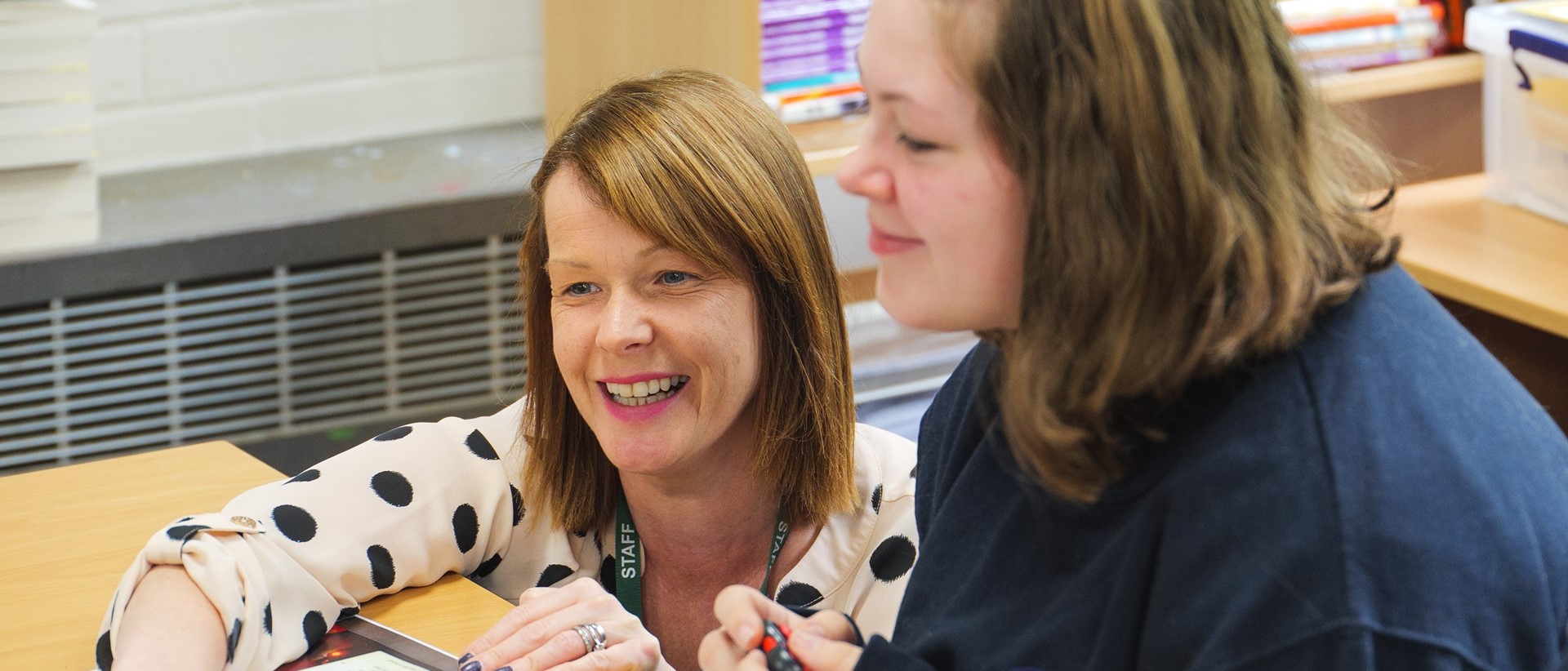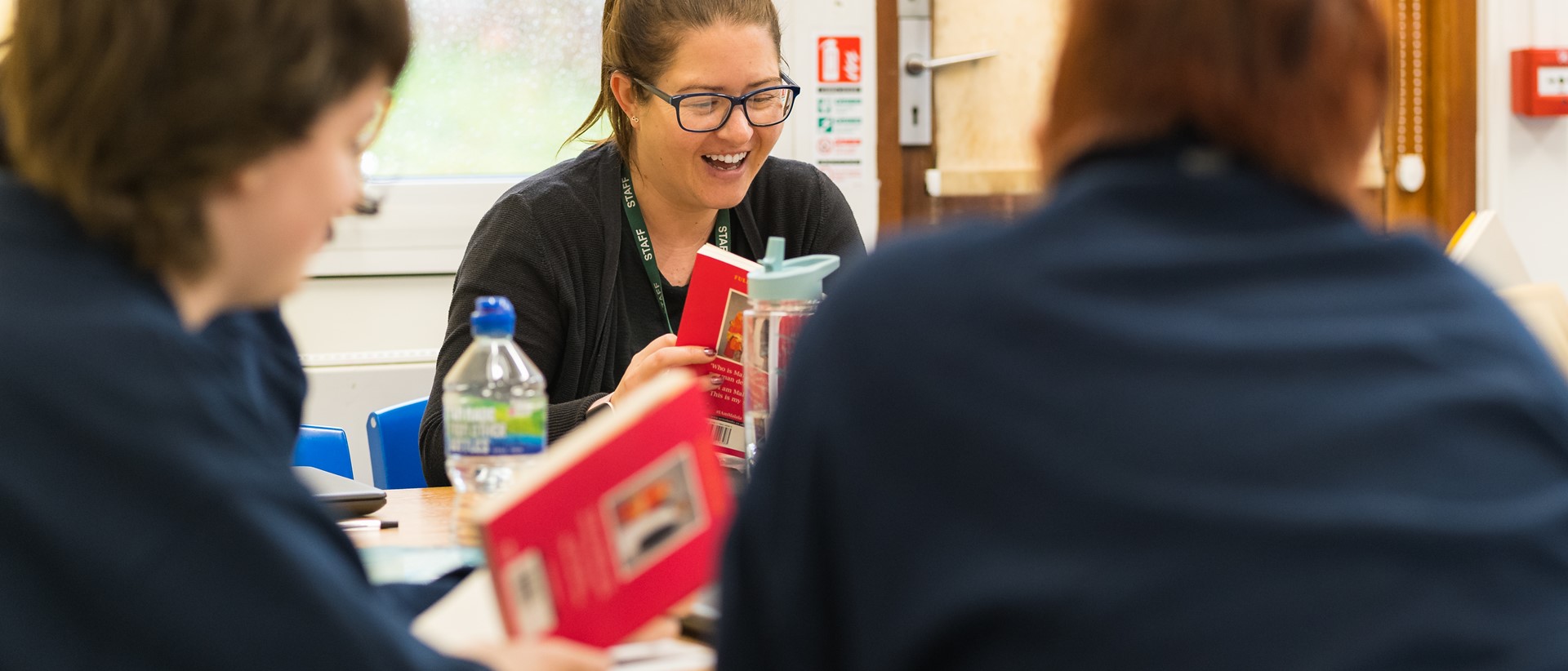At The Rosewood School, our KS4 English curriculum builds on the foundations of Key Stage 3, preparing pupils for AQA English Language and Literature GCSEs and for life beyond school. We inspire an enduring appreciation of literature and effective communication through a balance of classic and contemporary texts, discussion, and critical thinking. Pupils develop resilience, cultural awareness, and confidence in reading, writing, and speaking while engaging with themes that examine civil rights, gender roles, and societal challenges. Our flexible, skills-based approach accommodates varied needs and attendance patterns while maintaining high expectations.
Year 10 - Termly Units
Term 1 - Creatures Great and Small!
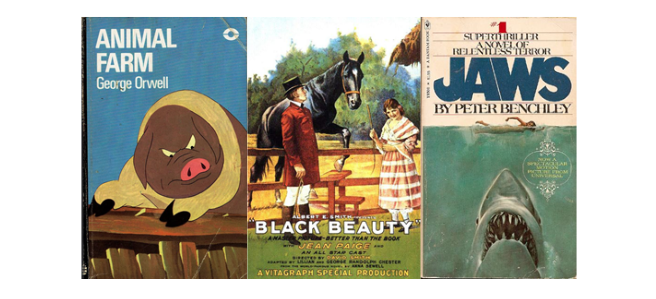
Pupils explore the symbolism of insects and animals in fiction and non-fiction, analysing language and structure while honing inference and evaluation skills. They practise creative and viewpoint writing linked to environmental and moral themes.
Term 2 - A Christmas Carol
Close study of Dickens’ novella, examining redemption, social justice, and historical context. Pupils analyse characterisation, symbolism, and narrative technique, producing analytical essays and contextual research.
Term 3 - Conflict
Pupils investigate how writers evoke feelings of confinement across genres. They evaluate language and structural techniques, linking their interpretations to broader societal and emotional contexts. Creative responses build narrative and descriptive skills.
Term 4 - Macbeth
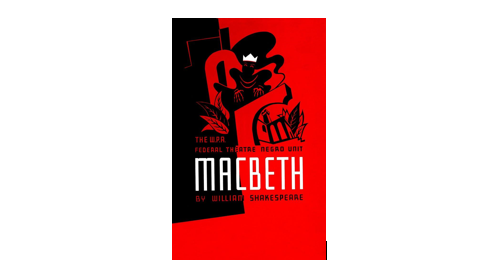
Shakespeare’s tragedy is explored in depth: ambition, power, guilt, and fate. Pupils analyse dramatic structure and character development, connecting historical context with contemporary relevance.
Term 5 - Places and Perspectives
Pupils study how writers bring settings and communities vividly to life, examining the relationship between place, identity, and society. Using extracts from texts such as Brick Lane and Tess of the D’Urbervilles, they analyse descriptive techniques, symbolism, and narrative voice. Pupils reflect on how settings shape character and theme, developing their own descriptive writing to evoke place and atmosphere.
Term 6 - An Inspector Calls
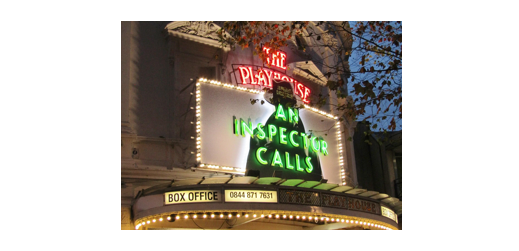
Pupils explore J. B. Priestley’s modern morality play, focusing on its critique of social responsibility, class inequality, and moral hypocrisy. Through close analysis of dramatic structure, character interactions, and historical context, pupils examine how Priestley uses tension and dialogue to challenge his audience. Discussions and essays encourage critical thinking about social justice and the play’s continued relevance today, while building skills for GCSE Literature essays and spoken evaluations.
Year 11 - Termly Units
Term 1 - Paper 1 Reading (Unseen Fiction)
Pupils practise key skills for GCSE: identifying information, analysing language and structure, and evaluating texts.
Term 2 - Paper 1 Writing (Narrative/Descriptive)
Building on reading analysis, pupils develop creative and descriptive writing for specific audiences and purposes.
Term 3 - Paper 2 Reading (Unseen Non-Fiction) & Speaking and Listening
Pupils synthesise ideas across texts, analyse language, and prepare comparative responses. Speaking and listening assessments develop confidence and fluency.
Term 4 - Paper 2 Writing (Transactional) & Speaking and Listening
Pupils practise persuasive and discursive writing while refining oral presentation skills, linking to real-world issues and cultural debates.
Terms 5 & 6 - Comprehensive Revision
Consolidation of skills for English Language. Practice of unseen texts and refine exam technique through timed practice.
Curriculum Features:
Skills Development: Focus on AO1–AO6 assessment objectives—reading comprehension, analysis, evaluation, narrative/descriptive writing, transactional writing, and speaking/listening.
- GCSE Literature as an Option:
- In Year 11, GCSE English Literature is offered as an optional subject. Pupils who opt for Literature study the following set texts: A Christmas Carol, Macbeth, An Inspector Calls, the Love and Relationships poetry anthology, and unseen poetry This allows pupils to deepen their appreciation of literature while developing advanced analytical and evaluative skills.
- Flexible and Inclusive: Tailored to pupils with diverse attendance patterns or health needs, ensuring alignment with home-school curricula where appropriate.
- Enrichment: Opportunities for debate, cultural discussions, and cross-curricular links to enhance cultural capital and critical thinking.
Key Exam Information - AQA GCSE English Language and Literature
- Paper 1: Explorations in Creative Reading and Writing
- Section A (Reading): Unseen fiction text – analysis of language, structure, and evaluation (AO1–AO4).
- Section B (Writing): Narrative or descriptive writing task (AO5–AO6).
Exam duration: 1 hour 45 minutes.
Weighting: 50% of GCSE Language.
- Paper 2: Writers’ Viewpoints and Perspectives
- Section A (Reading): Two linked non-fiction texts – comparison, synthesis, and language analysis (AO1–AO4).
- Section B (Writing): Transactional writing task (e.g. letter, article, speech) (AO5–AO6).
Exam duration: 1 hour 45 minutes.
Weighting: 50% of GCSE Language.
Spoken Language Endorsement (separately assessed)
- Presentation and response to questions.
- Reported separately on the certificate (Pass/Merit/Distinction).
GCSE English Literature (optional for Year 11)
- Paper 1: Shakespeare and the 19th-century Novel
- Texts studied: Macbeth and A Christmas Carol.
Exam duration: 1 hour 45 minutes.
Weighting: 40% of GCSE Literature. - Paper 2: Modern Texts and Poetry
- Section A: An Inspector Calls.
- Section B: Love and Relationships poetry anthology (comparative essay).
- Section C: Unseen poetry analysis and comparison.
Exam duration: 2 hours 15 minutes.
Weighting: 60% of GCSE Literature.


